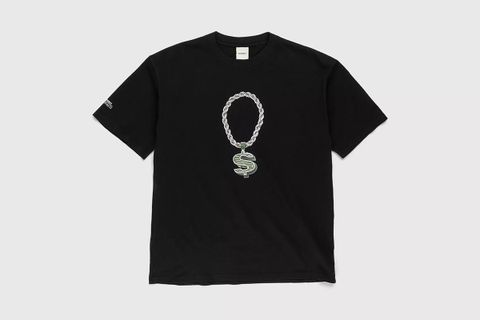Twitter Is Selling Its Soul to Elon Musk
Twitter has officially sold itself — and its dignity — to Elon Musk for $54.20 a share, valuing the transaction at approximately $44 billion.
"Free speech is the bedrock of a functioning democracy, and Twitter is the digital town square where matters vital to the future of humanity are debated," Musk said in a press release.
"I also want to make Twitter better than ever by enhancing the product with new features, making the algorithms open source to increase trust, defeating the spam bots, and authenticating all humans. Twitter has tremendous potential — I look forward to working with the company and the community of users to unlock it."
The development comes less than a month after Musk and Twitter entered a high-profile entanglement.
On April 4, the Tesla CEO revealed that he had purchased a 9.2 percent stake in the company, the largest of any shareholder. Twitter subsequently offered Musk a seat on the board of directors, a position that would prevent him from purchasing a controlling stake in the company.
Six days later, Twitter CEO Parag Agrawl revealed that Musk would no longer join the board, a decision the SpaceX founder confirmed in an SEC filing that freed him to purchase more Twitter shares, as well as express his views about the company on and offline.
In a separate SEC filing dated April 13, the Tesla CEO launched a bid to purchase Twitter for $54.20 a share, his "best and final offer."
At first, Musk's involvement with Twitter appeared to be guided by no particular intent other than to troll (his speciality, as evidenced by a rap sheet of ridiculous, nonsensical, and offensive hijinks).
After reversing his decision to join the board, the divisive investor posted several now-deleted tweets making light of Twitter's awkward predicament. After proclaiming he was in "goblin mode," he suggested Twitter remove the "w" from its name and repurpose its San Francisco headquarters as a homeless shelter because "no one shows up anyway."
But behind the smoke and mirrors, Musk's end game is clear.
The billionaire has repeatedly criticized Twitter's approach to free speech, suggesting he disagrees with the site's policies on hate speech and misinformation — policies that entered the limelight in the wake of the January 6 capitol riot, Donald Trump's incitement of violence on Twitter, and his subsequent ban from the platform.
Musk, who began investing in the company in late January, even cited free speech in his purchase offer: "I invested in Twitter as I believe in its potential to be the platform for free speech around the globe, and I believe free speech is a societal imperative for a functioning democracy," he wrote in a letter addressed to Twitter's Independent Board Chair, Bret Taylor.
A self-proclaimed "free speech absolutist," Musk's campaign to take over Twitter has activated a slew of right-wing conservatives delighted at the prospect of flexing their First Amendment rights by spreading misinformation and hate speech online. (If you dare, take a look at the hashtag #maketwittergreatagain.)
Last week, the possibility of Musk actually buying Twitter seemed totally farfetched. How could the company possibly consider an offer from a man who wrote and performed an EDM song called "Don't Doubt Ur Vibe?"
But Twitter's board began seriously considering Musk's offer after he submitted plans to secure $46.5 billion in funding, courtesy of Morgan Stanley.
Clearly, Musk's financial power outweighed his questionable reputation — kind of an apt summary of how life works under capitalism.


